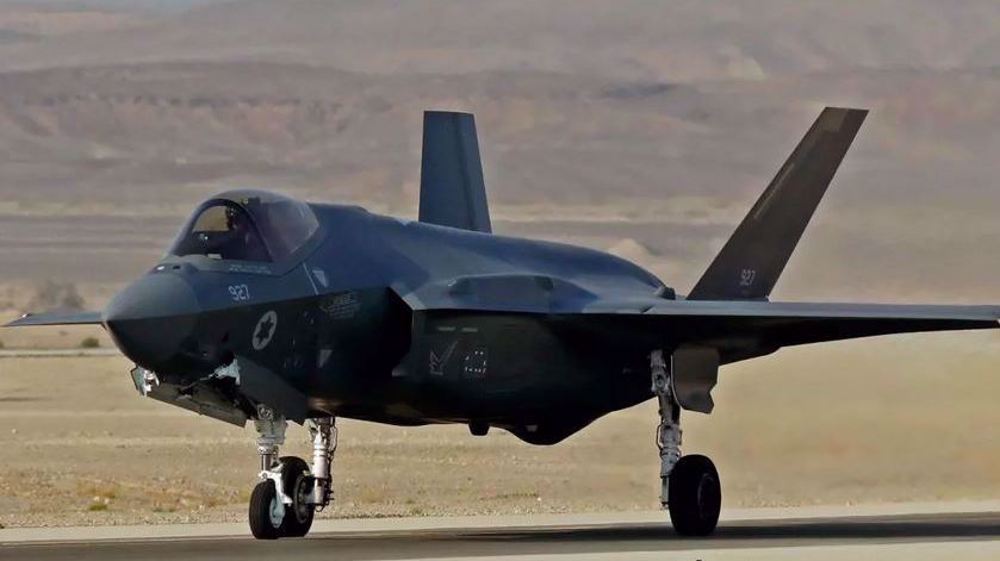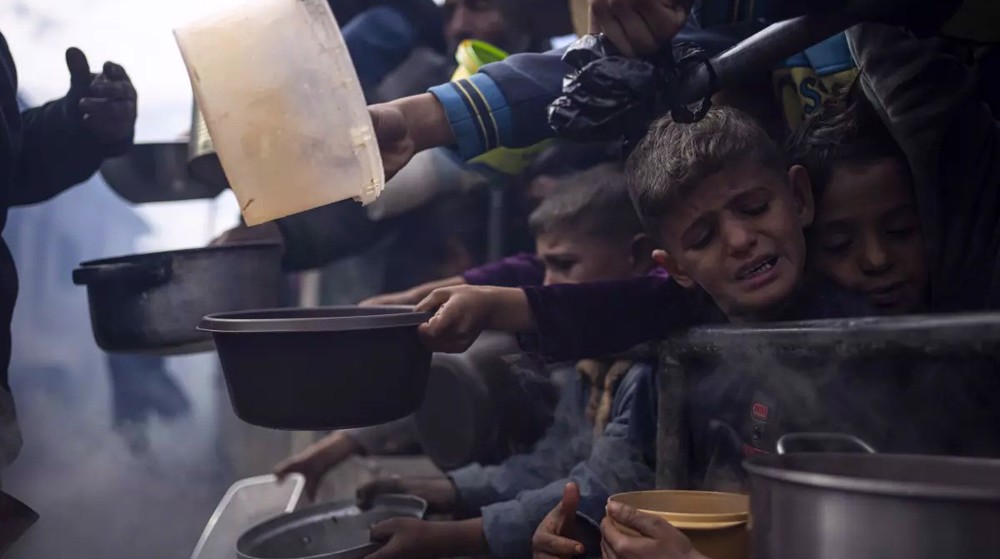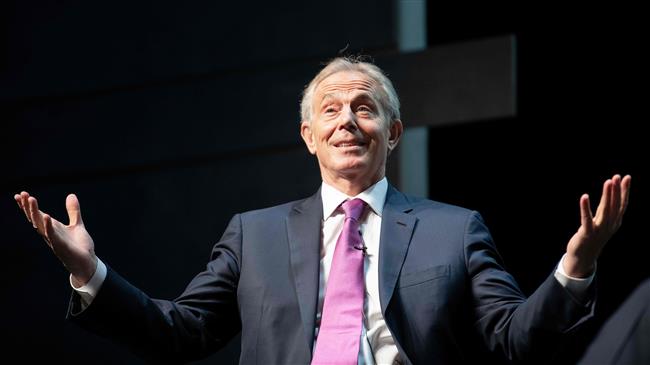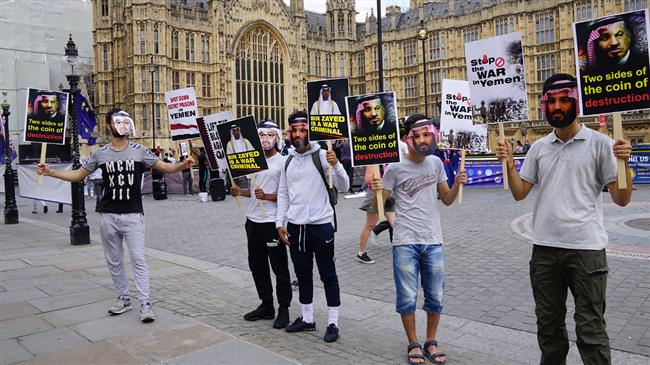UK firm finalizing massive military deal with Saudi Arabia
Rights groups and activists have criticized a major British consulting and accountancy firm over its bidding for a massive military contract in Saudi Arabia, saying the company will become complicit in crimes committed by Saudi Arabia in the war on Yemen.
The PricewaterhouseCoopers (PwC) said Tuesday that it was finalizing a deal with Saudi Arabia’s military to modernize the kingdom’s army, according to an exclusive report by The Guardian.
The deal will in its first stage cover issued like recruitment, resourcing, performance management and strategic workforce planning, and how to manage and communicate change.
The company, however, failed to say what assurances it will put in place to avoid an involvement in a devastating Saudi war on Yemen, which has already killed 15,000 people, most of them civilians.
The Amnesty International, a major rights group based in the UK, said PwC’s provision of military assistance to the Saudi Arabia may eventually make the company complicit in the crimes committed by Riyadh in the Yemen war.
“We’d like to know what due diligence the company has done. The United Nations guiding principles on business and human rights make it clear that a company may be viewed as complicit if they are seen to benefit from abuses committed by another party,” said Peter Frankental, Amnesty International UK’s economic affairs program director.
According to The Guardian, the PwC has asked specialists and consultants in London whether they would be interested in moving to Riyadh to start the work. The company has revealed to its staff that the Saudi plan for streamlining and modernizing its army was “ambitious” and “at a size and scale rarely seen before.”
The United Nations estimates that some 22 million people in Yemen, about 80 percent of the population in the impoverished country, are now in need of humanitarian aid as a result of three years of illegal Saudi-led war.
Many have criticized Western countries, especially the UK, for their military support to Saudi Arabia, saying the kingdom is using weapons purchased from those countries against defenseless civilians in Yemen.
VIDEO | Press TV's news headlines
VIDEO | US-Israeli genocide: Will Gazans see ceasefire deal achieved?
VIDEO | Grief strikes Parachinar: 44 lives lost in terror attack
VIDEO | Yemen’s armed forces target Israeli airbase amid nationwide pro-Palestinian rallies
Putin vows more test of new hypersonic missile
VIDEO | Jordanians continue rallies to denounce Israeli genocide in Gaza, Lebanon
6 Israeli soldiers commit suicide: Reports
Diplomat discourages recourse to pressure, intimidation, confrontation against Iran














 This makes it easy to access the Press TV website
This makes it easy to access the Press TV website